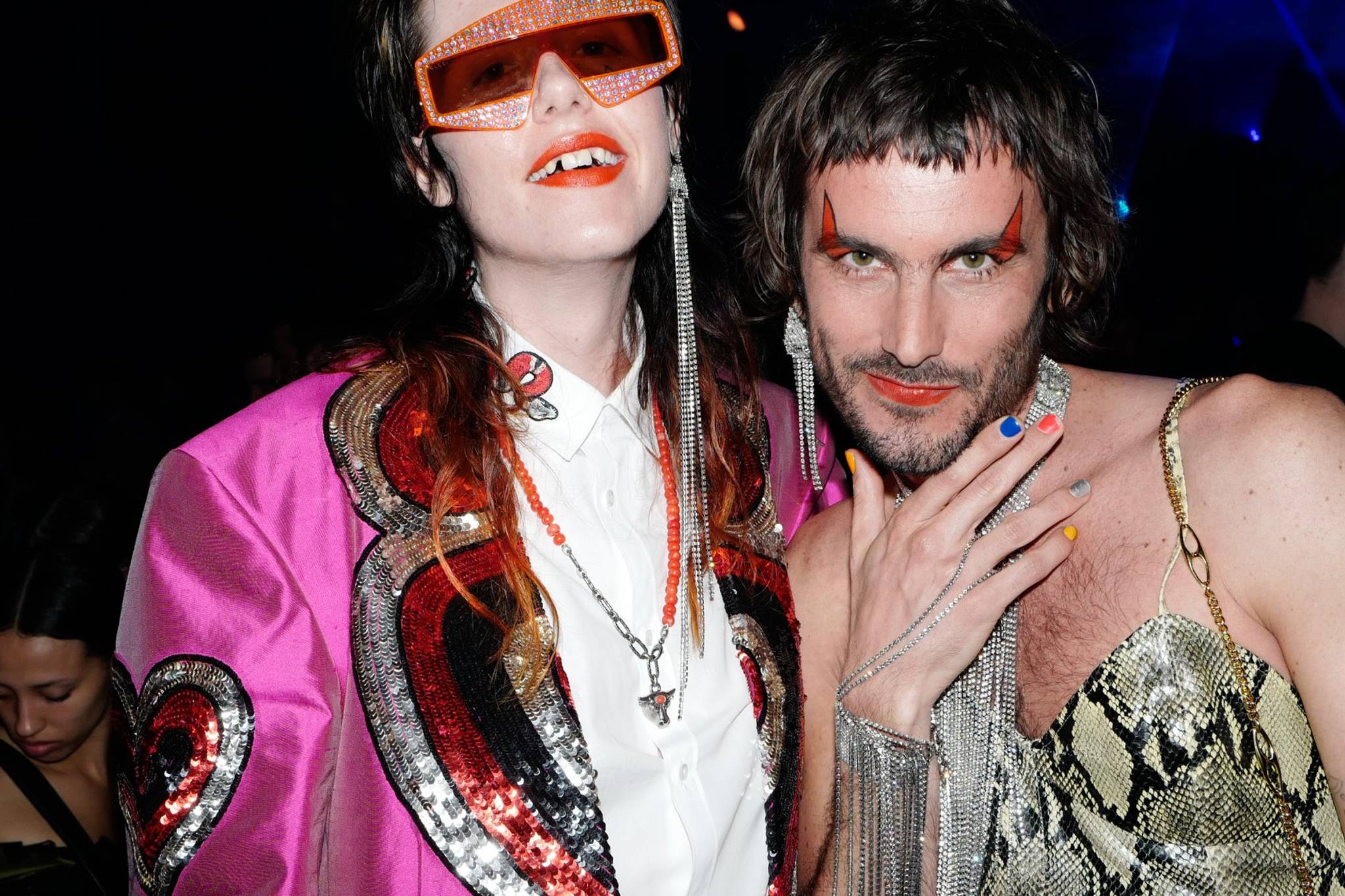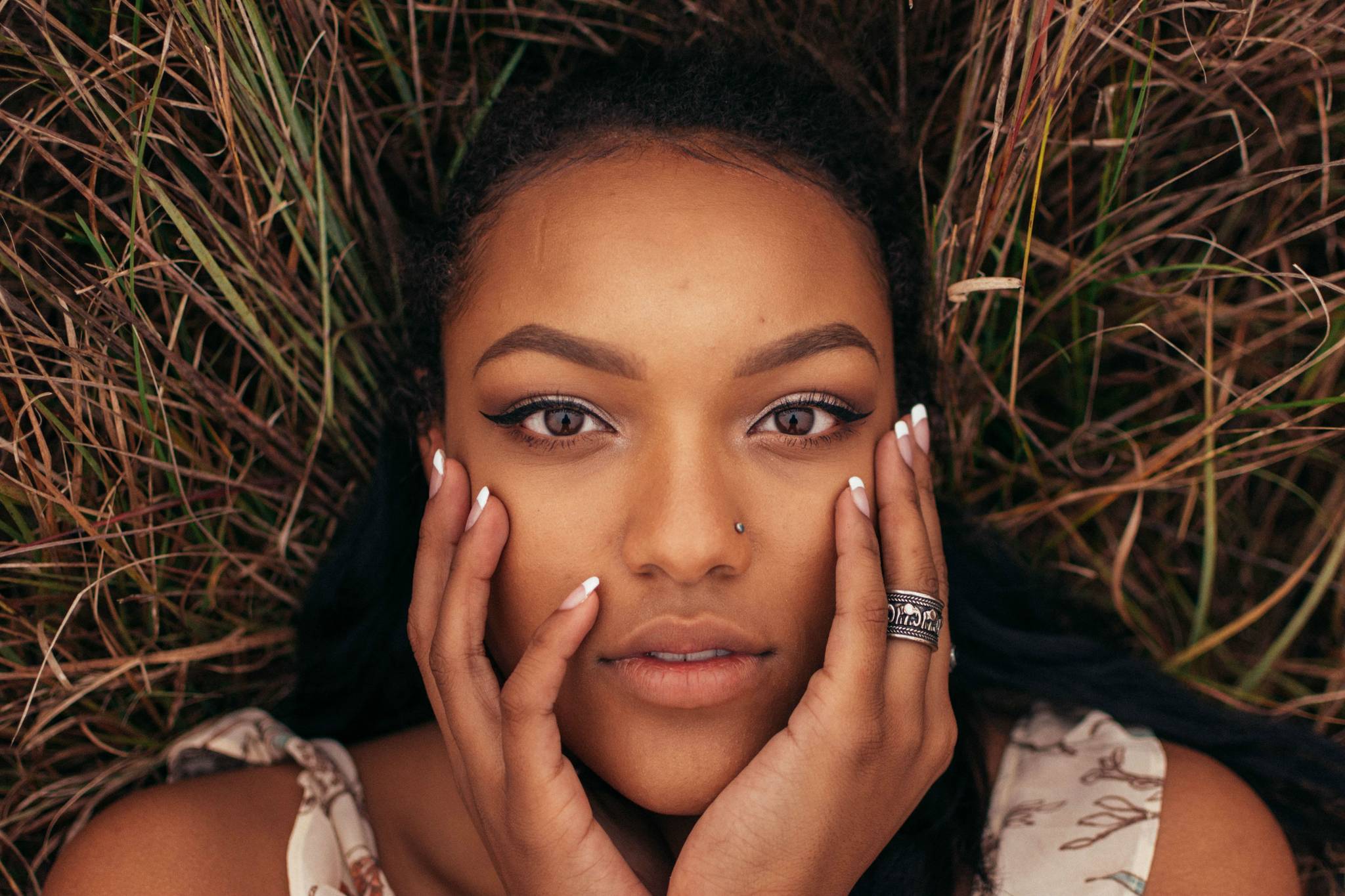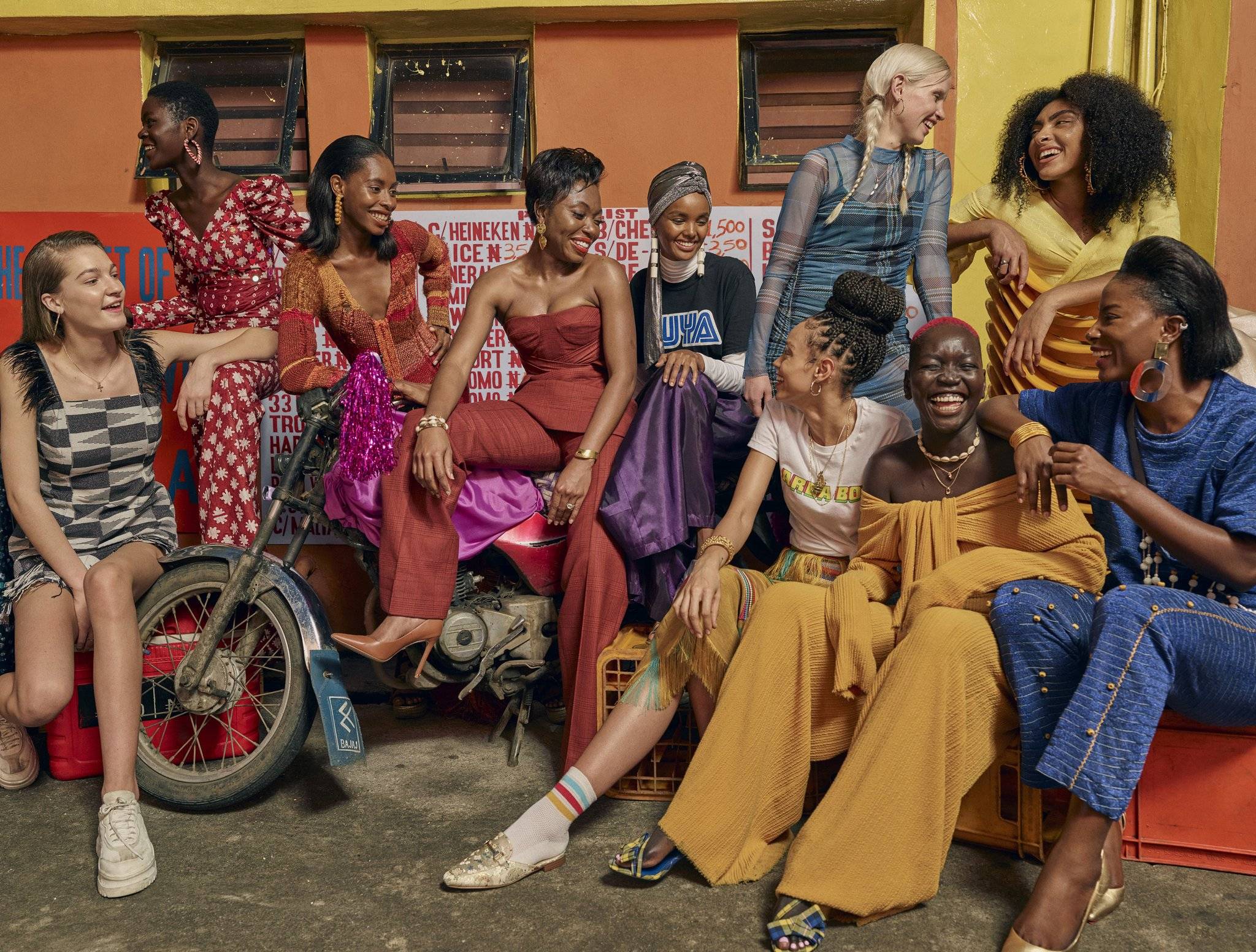
Adverts for beauty brands often depict models with flawless, glowing skin, but there's a growing demand for more realistic representations on-screen and in the media. So skincare brand Cetraben has pledged to only use models with skin conditions such as eczema or psoriasis in its images. We explore the insights behind this and why people want to see blemishes in brand messaging.
Cetraben’s ‘This Is My Skin' campaign celebrates the brand’s promise to use only models with dry skin, eczema, and psoriasis in its communications. According to the brand, it's the first company to make this pledge, which makes it a leader in pushing for better representation of all skin types. Approved by the British Skin Foundation, it aims to help draw attention to and normalise such skin conditions, which are common but rarely depicted in the media.
The photos used in the campaign will be made available through Getty Images, in the hope that businesses will begin to use their images in their comms. The brand will also be sharing the stories of featured models over its social channels to offer insight into the experience of having these conditions
It’s estimated that one in five people suffers from eczema, and one in 50 suffers from psoriasis. And they can have negative impacts on self esteem and mood. One study has even suggested that many of those battling moderate to severe eczema can also be reluctant to engage in activities and socialising, which in turn can impact their quality of life. A study commissioned by E45 found that a full 81% of Britons have experienced a skin problem, with 26% saying it made them feel depressed. The impact is bad enough, as per research by the British Skin Foundation, that 87% of dermatologists agree that people with skin conditions in the UK do not have sufficient access to psychological support.
Skin issues are common. But they are rarely – if ever – represented in mainstream media, which can create a sense of embarrassment and shame. Better showcasing different skin issues can help normalise these conditions and help reduce awkwardness and stigma around different types of skin conditions. And as they demand more inclusive campaigns, people are looking for beauty brands to showcase imperfections and different beauty issues. In fact, 46.6% of people globally say that beauty is defined by being comfortable in your own skin – and they want brands to send this message, too.
Rebecca Smith is a senior behavioural analyst at Canvas8. She has worked with global clients including Google for Education, Dentsu Aegis, and Superbrands. Outside of work, you’ll find her searching for the UK’s best cacio e pepe or with her nose in a fantasy novel.



